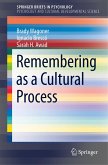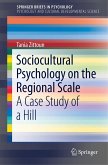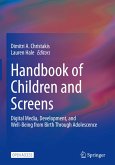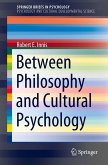This Open Access Brief analyzes the dynamics in which children's selves emerge through their everyday activities of meaning construction, both in their relationships with family and within school education. It begins with a discussion of new psychological inquiries into children's selves and builds upon the innovative theoretical notion of the Presentational Self, developed by the author over the last decade.
The book illustrates how the observation of children's meaning construction in their everyday lives becomes a starting point for theoretical and empirical inquiries into child development and gives a framework that promotes new inquiries in this area. The book describes the Presentational Self Theory as a sense of how the notion of the Self is being worked upon in everyday life encounters. Chapters feature in-depth analyses of exchanges between adults and children in the Japanese cultural context.
Meaning-Making for Living will be of interest to researchers and graduate students in the fields of cognitive, social, developmental, educational, and cultural psychology.
The book illustrates how the observation of children's meaning construction in their everyday lives becomes a starting point for theoretical and empirical inquiries into child development and gives a framework that promotes new inquiries in this area. The book describes the Presentational Self Theory as a sense of how the notion of the Self is being worked upon in everyday life encounters. Chapters feature in-depth analyses of exchanges between adults and children in the Japanese cultural context.
Meaning-Making for Living will be of interest to researchers and graduate students in the fields of cognitive, social, developmental, educational, and cultural psychology.









